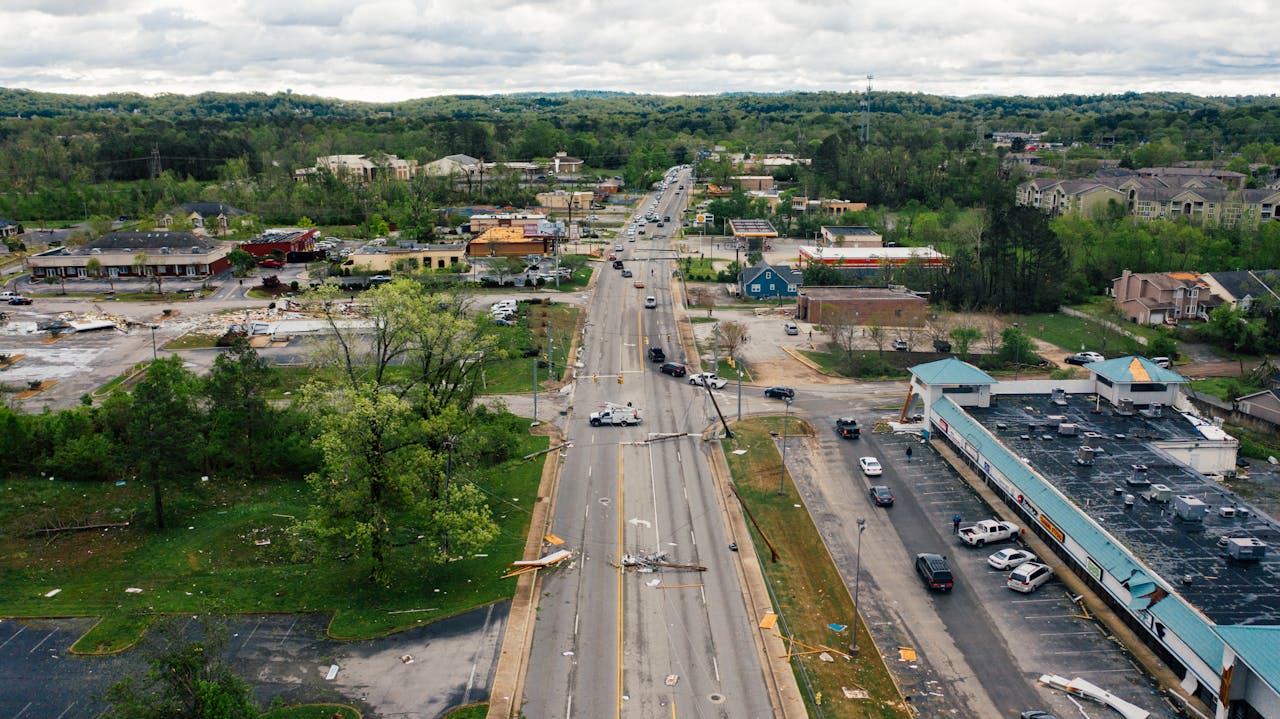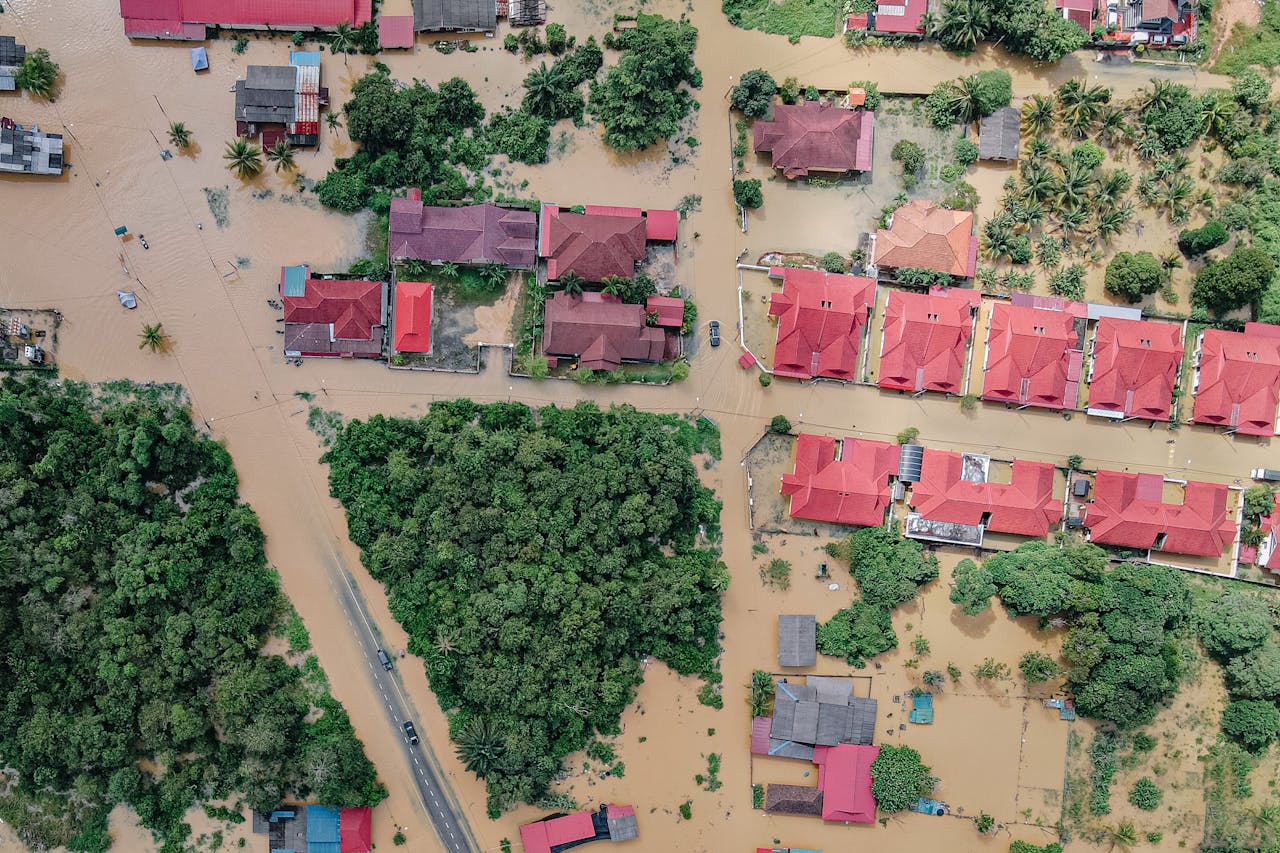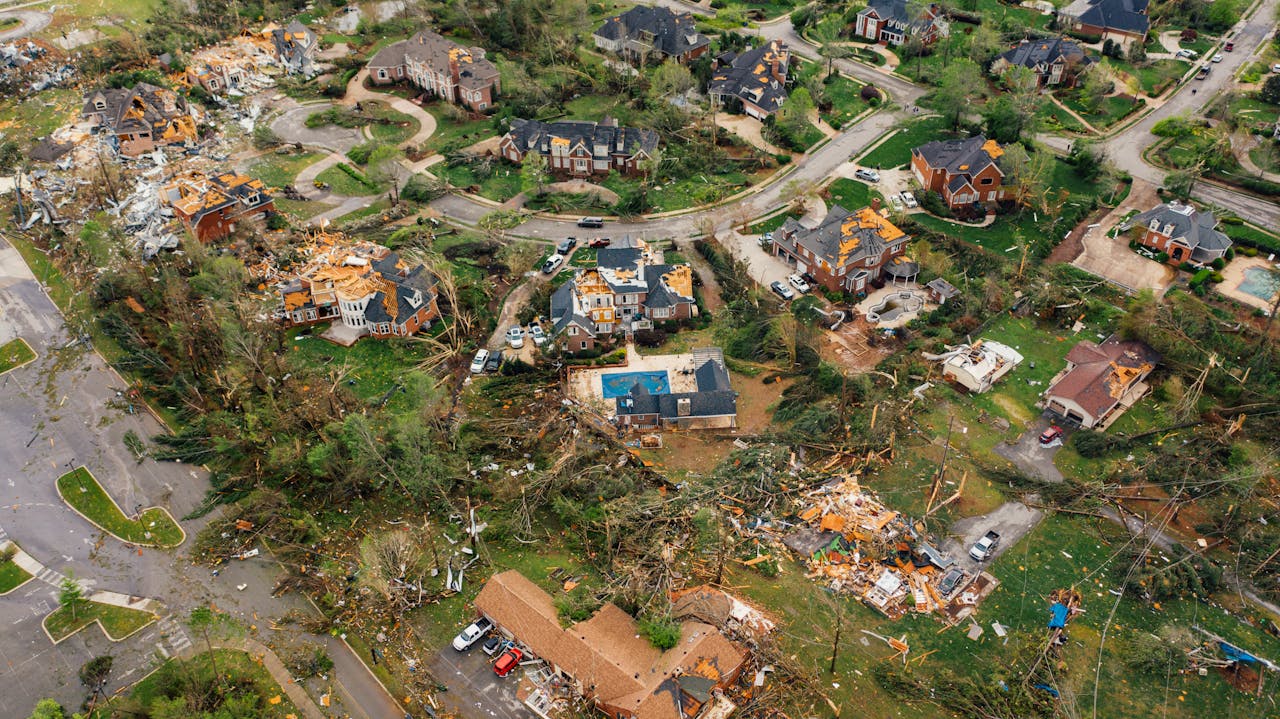Dealing with property damage in Florida can be a complex and stressful process, especially when it comes to navigating insurance claims. Knowing when to contact your insurance company and when to seek the assistance of a public adjuster is crucial to ensuring that your claim is handled efficiently and fairly. Here’s a guide to help you decide when to reach out to your insurance company and when it might be beneficial to involve a public adjuster.
1. Immediately After Discovering Damage: Contact Your Insurance Company
As soon as you discover damage to your home, your first step should be to contact your insurance company. Promptly reporting the damage is essential, as many policies have time limits for filing a claim. When you contact your insurance company:
• File the Claim: Provide them with a detailed description of the damage and how it occurred. If possible, include photos or videos as evidence.
• Get Initial Guidance: Your insurance company will guide you through the initial steps, including what documentation is required and how the claims process will unfold.
• Insurance Adjuster Visit: Typically, the insurance company will send their own adjuster to assess the damage and provide an estimate of the repair costs.
2. When the Damage is Minor or Routine: Work Directly with Your Insurance Company
For minor or routine damage—such as a small leak, broken windows, or minor storm damage—working directly with your insurance company is usually straightforward. In these cases:
• Quick Resolution: The damage may be easily assessed and the claim processed quickly without much negotiation.
• No Need for a Third Party: If the insurance company’s offer seems fair and covers the necessary repairs, there may be no need to involve a public adjuster.
• Cost Efficiency: Handling the claim directly with your insurance company can save you the cost of hiring a public adjuster, who typically takes a percentage of your settlement.
3. When the Damage is Extensive or Complicated: Consider Hiring a Public Adjuster
If the damage to your home is extensive—such as from a hurricane, fire, or major flooding—or if the situation is complex, it’s often beneficial to consult with a public adjuster. Here’s why:
• Complex Claims: Extensive damage often involves complicated claims that require a thorough understanding of insurance policies and the claims process. A public adjuster can help ensure that every aspect of the damage is accounted for in your claim.
• Maximizing Your Settlement: Public adjusters work for you, not the insurance company. They have the expertise to negotiate a fair settlement, which could be significantly higher than what the insurance company initially offers.
• Advocacy in Disputes: If there’s a disagreement over the extent of the damage or the amount of the settlement, a public adjuster can advocate on your behalf, ensuring that your interests are represented.
4. When You’re Unsure of the Settlement Offer: Consult a Public Adjuster
If your insurance company provides a settlement offer that you believe is too low or doesn’t cover all the damage, it’s wise to consult with a public adjuster. They can:
• Review the Offer: A public adjuster can review the settlement offer and compare it to their own assessment of the damage.
• Negotiate for More: If they determine that the offer is insufficient, they can negotiate with the insurance company on your behalf to increase the payout.
• Peace of Mind: Having a professional advocate for you can provide peace of mind, knowing that you’re receiving the full compensation you’re entitled to under your policy.
5. When Facing a Claim Denial: Involve a Public Adjuster Immediately
If your insurance claim is denied, or if the insurance company is being uncooperative, contacting a public adjuster immediately is crucial. They can:
• Analyze the Denial: A public adjuster can review the reasons for the denial and determine if the decision was justified.
• Appeal the Decision: They can help you file an appeal or take other steps to challenge the denial and fight for a fair settlement.
• Expert Guidance: With their experience in handling denied claims, a public adjuster can guide you through the process of reversing the denial or negotiating a better outcome.
Conclusion
Knowing when to contact your insurance company versus when to hire a public adjuster can make a significant difference in the outcome of your claim. For minor or straightforward damage, working directly with your insurance company may be sufficient. However, in cases of extensive damage, complex claims, or disputes, involving a public adjuster can ensure that you receive the full compensation you deserve.
In Florida, where homeowners often face significant risks from hurricanes and other natural disasters, having a public adjuster on your side can be particularly valuable. If you’re unsure whether to involve a public adjuster, consider reaching out for a consultation—they can provide the expertise and advocacy you need to navigate the claims process successfully.


